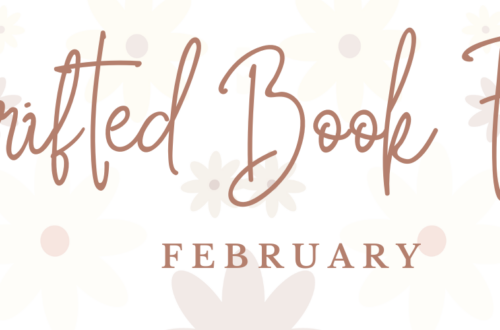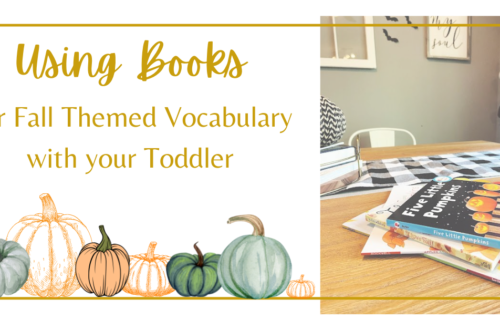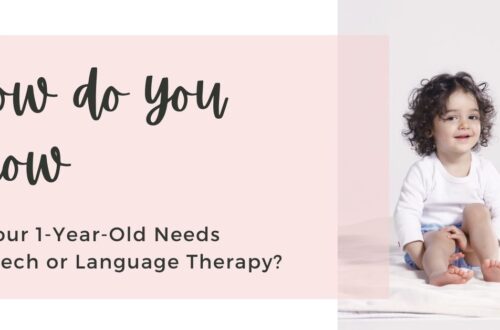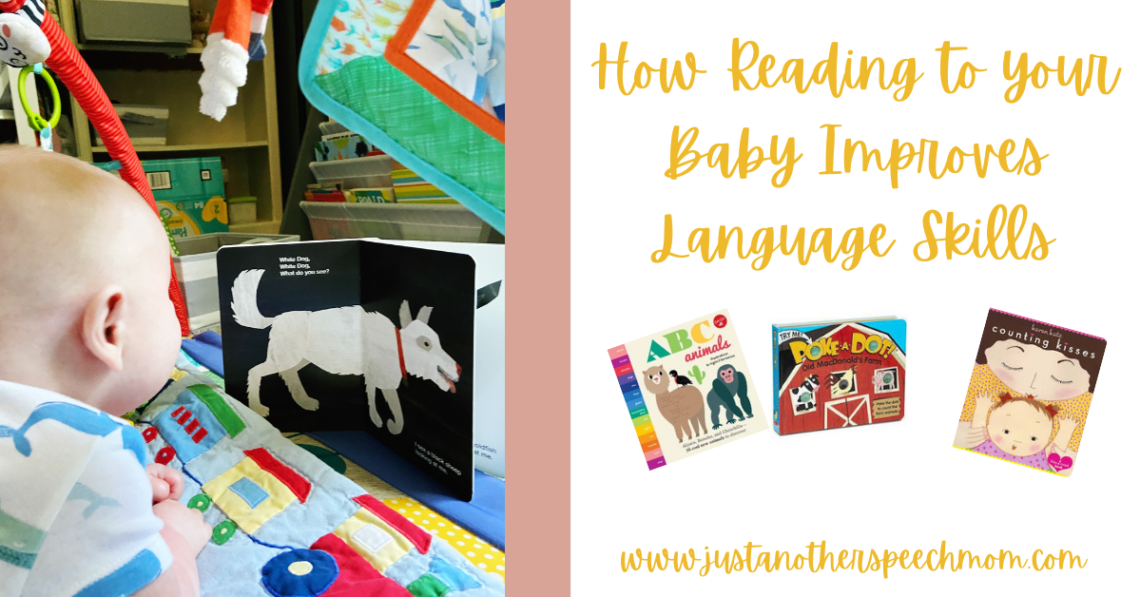
3 Ways Reading to Your Baby will Encourage their Language Skills
As a pediatric speech language pathologist, I have seen a lot of littles with speech and language delays. One of my favorite and most consistent suggestions for home practice I give to parents is reading with your child! Shared reading, (i.e., reading/looking at a book with your child) has many positive impacts on those little developing language skills. It is seriously never too early!
Wondering what’s normal for your child’s age? Check out these literacy developmental milestones to get a better idea:
3-12 Months:
-Chewing and patting books
-Focusing on large and bright pictures
-Sharing books with pictures
12 Months – 24 Months:
-Recognizes books by their covers
-Listens to stories, songs, rhymes
-Turns pages
-Attends to book or toy for 2 minutes
-Points to/labels pictures independently
-Pretends to read books
24-36 Months:
-Listens to books/stories for longer periods of time
-Holds books correctly
-Begins to recognize logos
-Begins to show a difference in writing vs. drawing
36 – 48 Months:
-Pays attention to specific print (e.g., first letter of name)
-Identifies some letters and makes letter/sound matches
-Participates in rhyming games
-Talks about characters in a book
-Likes to “read” stories to him/herself and others
-Protests if adult changes the story
-Produces some letter like forms that may resemble letters
48 – 60 Months:
-Understands story sequences
-Understands function/purpose of print
-Knows letter names
-Uses more letter like forms than scribbles
(Lanza & Flahive, 2008). Want more info on literacy developmental milestones? I also like this list of Reading Milestones from Nemours Kids Health (Zettler-Greeley, 2018).
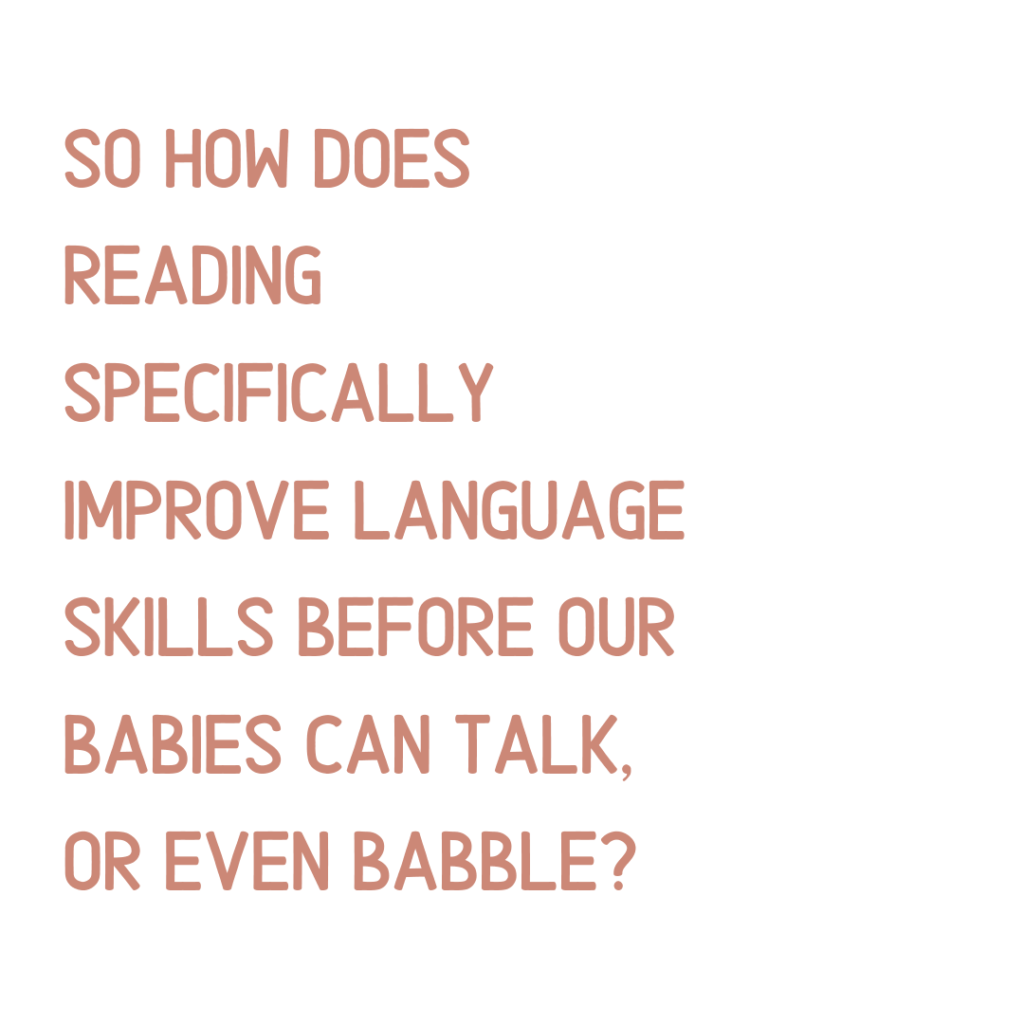
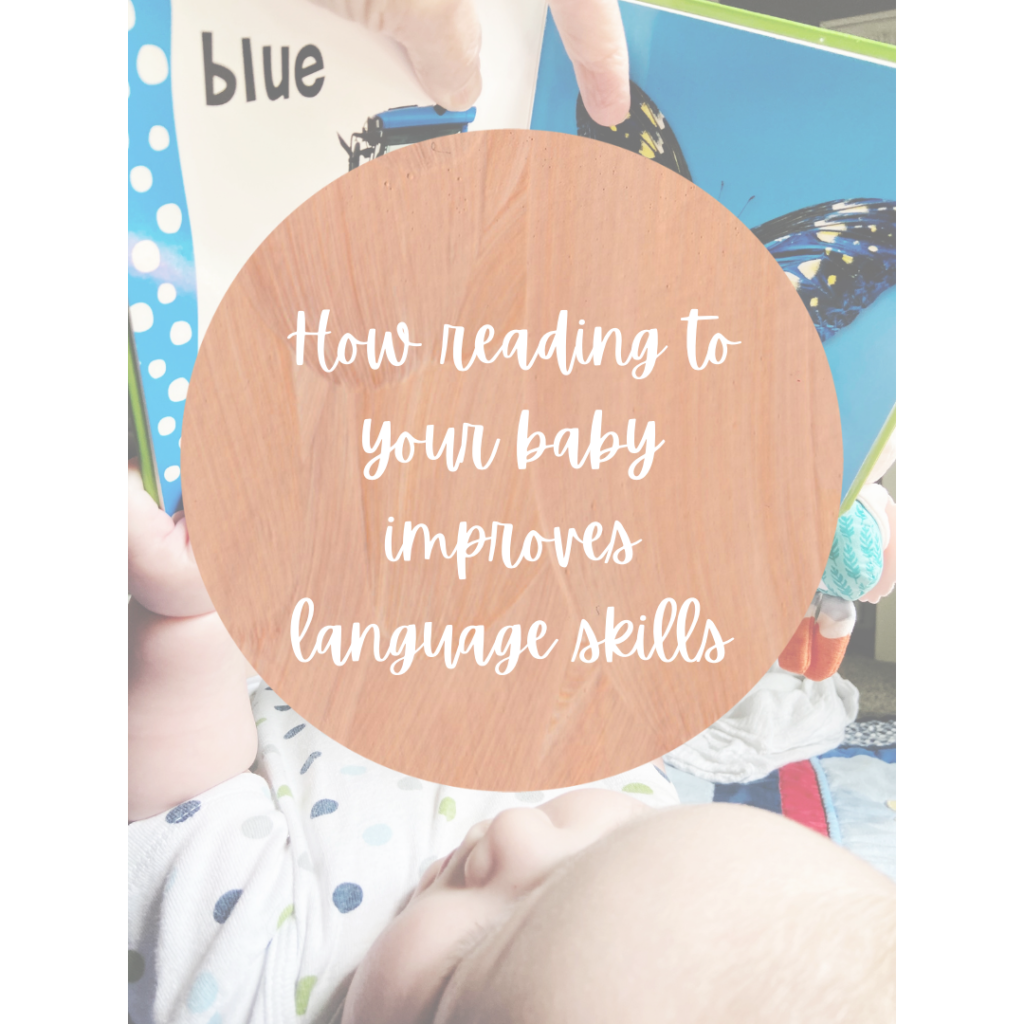
1. Language Exposure
Basically what it sounds like! By reading to babies, you are giving them exposure to more language. Not only that, but you are giving them exposure to different categories of language that they probably don’t get from regular “conversation” with mom and dad (think different categories of animals, types of cars, etc.) And with language exposure comes…
2. Building Vocabulary
Just because your baby can’t talk yet doesn’t mean their little vocabulary isn’t developing as we speak! Think about how babies first words are typically “mama” or “dada.” Both of these words do have early developing sounds, but they are also high frequency words. Babies hear these words all. the. time. The more high frequency a word is, the more your baby is soaking it in and learning it. Eventually, they will begin to imitate those words or use them spontaneously.
An article by Lenhart, et. al. indicated that reading to your child before turning 1 predicted better vocabulary and grammar skills (2021). Yep, that deserved to be both bolded and italicized. Aren’t convinced? Check out this direct quote from their research:
“Findings indicate that early book reading may help to develop emerging literacy skills, even when shared reading begins before the end of children’s first year of life.”
(Lenhart et. al, 2021).
So here’s one takeaway from their article: we have always known that shared reading is important for many reasons, but now we know that it’s important to start early.
3. Develops positive association with books
Making reading fun by combining with snuggles, using silly voices or sounds, reading books with bright or contrast colors (and so many more strategies) makes looking at books with mom or dad a special time! This may help reinforce your child independently engaging with books and enjoying reading as they become older.
Want more information on how to use books to improve your child’s language skills if they are diagnosed with a language delay? Check out my post, “The Easiest Therapy Tool” for more suggestions.
So grab a fun board book and enjoy your mommy – baby snuggles, but also have confidence in the fact that you are helping to build those little language skills without it feeling effortful.
Happy reading!


Sources:
Lanza, J. & Flahive, L. (2008). Communication Milestones. Linguisystems.com
Lenhart, J., Suggate, S.P., & Lenhard, W. (2021). Shared-reading onset and emergent literacy development, Early Education and Development. https://doi.org/10.1080/10409289.2021.1915651
Zettler-Greeley, C.M. “Reading Milestones.” Nemours Kids Health, June 2018. Accessed October 2, 2021. https://kidshealth.org/en/parents/milestones.html


